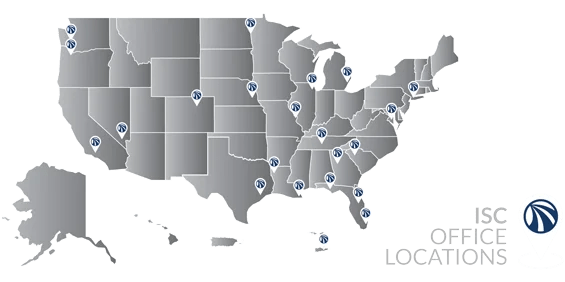In 2013, the Sandy Recovery Improvement Act amended the Stafford Act to allow FEMA to pilot the Program Administration by States (PAS). This program delegates approval of local hazard mitigation plans to qualified and willing states through a formal application process. This shift of plan approval from federal to state level aims to enable more efficient review cycles. It also empowers states as key partners in driving resilience across their communities. Just five states currently hold PAS authority to sign off on local mitigation plans meeting federal requirements:
-
Florida
-
North Dakota
-
Ohio
-
Vermont
-
Wisconsin
While a modest start, interest should rapidly expand as PAS’s benefits materialize. With over 19,000 local plans nationally, FEMA staff spend substantial time on labor-intensive reviews. Offloading these to capable states allows redirecting resources toward enhancing policies, programs, and technical assistance for all jurisdictions. States have clear incentives too. Those taking on plan approval authority can better support locals through unified state-level planning resources, expertise, and guidance. It also gives states primary influence over the mitigation vision taking shape community by community. Obtaining PAS delegation hinges on state capability and initiative. FEMA’s updated Hazard Mitigation Assistance guidance outlines the application process. Key steps include:
-
Having a FEMA-approved Enhanced State Mitigation Plan demonstrating rigorous state planning procedures for all-hazard risk reduction.
-
Submitting a PAS application to the FEMA Regional Administrator formally requesting delegation authority. This must cover the state’s legal authority, staff resources, review procedures, and more.
-
Entering into a delegation Memorandum of Agreement with FEMA after demonstrating satisfactory capability to uphold federal mitigation planning standards.
A key capability for states pursuing PAS is establishing rigorous and standardized internal planning procedures. Odysseus’s Knowledge Management System (KMS) provides an invaluable tool to develop consistent mitigation documentation and guidance. The flexibility of an online platform allows customizing it as a unified database for a state’s policies, plans, and planning resources.
Benefits of states using the Odysseus KMS include:
-
Improving Program Quality: The system enables standardization of state mitigation planning procedures, documents, templates, and other guidance. This reduces redundancy and increases version control compared to fragmented files saved across networks or hard drives.
-
Documenting Planning Processes: The file repository visually maps out document structures showing the relationships between policies, plans, and procedures. The Odysseus KMS also records the planning process with timeline tools tracking meetings, reviews, approvals, and key milestones.
-
Monitoring Collaboration: User permission settings make it easy to coordinate document collaboration among the various planning partners and committees involved in state mitigation strategy. The system assigns tasks and tracks progress on working group activities.
-
Scheduling Activities: The integrated calendar scheduler allows states to coordinate meeting schedules for all parties engaged in planning efforts. These dates seamlessly synchronize with Outlook and other calendars to notify users.
The benefits above illustrate how purpose-built tools like the Knowledge Management System enable states to demonstrate rigorous planning procedures in pursuing PAS authority. The KMS assist with standardization, version control, and transparency around planning processes – exactly what FEMA evaluates in considering delegation requests. Utilizing such online databases helps states access efficiency gains in developing mitigation policies while positioning their staff to effectively review local plans.
As the pioneering PAS participants prove the concept, I expect many other states will pursue delegation authority within the next two years. This gradual shift promises to strengthen community resilience by integrating state and local preparedness.

